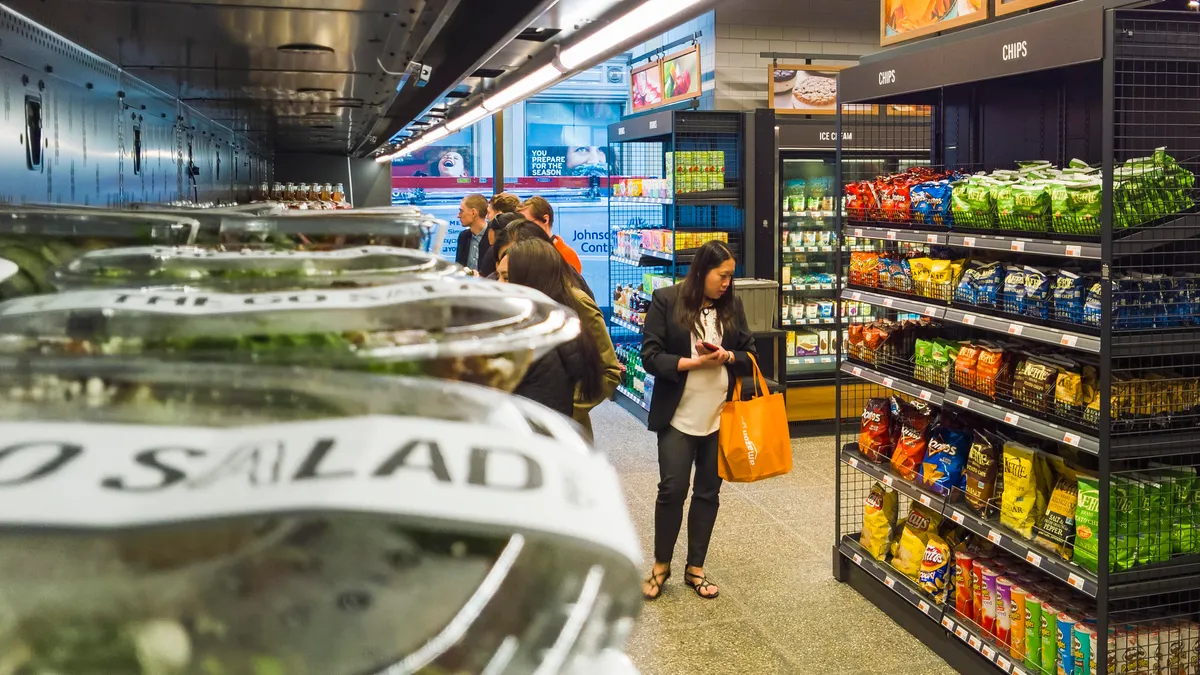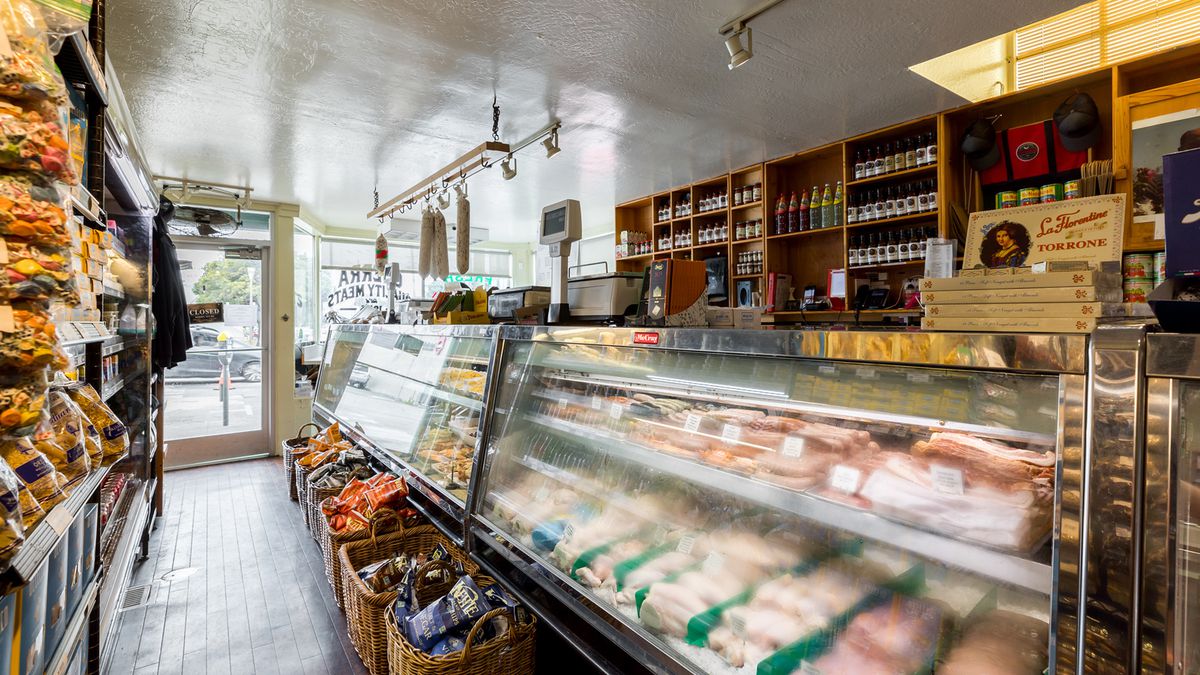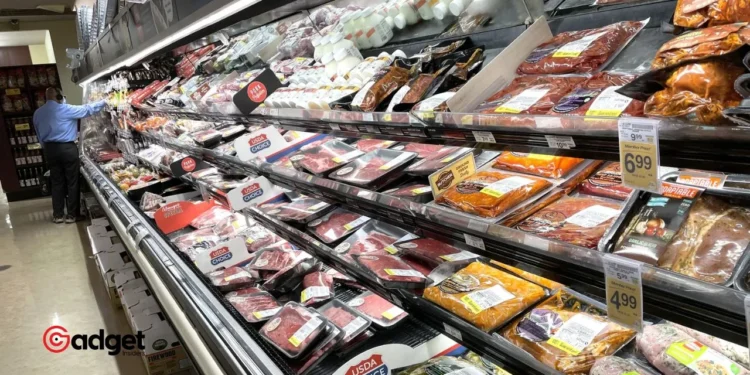In the heart of San Francisco, a new type of market has opened its doors, but not without controversy. The city’s Food Empowerment Market aims to provide “free” groceries to qualifying residents, yet it carries a hefty price tag of $5.5 million, shouldered by the taxpayers. This initiative, pushed through by Geoffrea Morris in 2021, aims to supplement food stamp holders nearing the end of their monthly resources.
Geoffrea Morris explained the rationale behind the initiative, noting, “This is a supplemental source for food. Food stamps should be the primary source. This is supplemental, especially close to the end of the month when families are facing the pain, especially with inflation.”

Tackling More Than Just Hunger
The Food Empowerment Market is part of a broader strategy to address not only food insecurity but also the interconnected issues affecting low-income families. “If you’re having food insecurity, you’re having other issues as well, and you need to be engaged with the services the city has put in place to improve your life and the life of your children,” Morris emphasized.
However, the market has not escaped criticism. Coming on the heels of another controversial program that provided free alcohol to homeless individuals battling addiction, many citizens and experts question the allocation of city funds. The “Managed Alcohol Program” (MAP), which provides regulated doses of alcohol to voluntary participants, was criticized for potentially enabling rather than helping.

“It’s really conflicting to give alcohol to alcoholics because it’s a disease. It’s a condition that is basically an obsession of the mind that turns into an allergy of the body. And it’s a disease that they can’t help,” a local resident explained to Fox News contributor Sara Carter. The fear is that the program, rather than fostering recovery, might only lead to further deterioration or even death.
San Francisco’s Struggle: Homelessness vs. Short-Term Solutions
San Francisco’s approach to tackling homelessness and addiction reflects the city’s broader struggles with these issues. The Tenderloin District, known for its visible homeless encampments, illustrates the scale of the crisis. Programs like the Food Empowerment Market and MAP are attempts to address the symptoms of deeper societal problems.

Critics argue that while the intentions behind such programs might be noble, the execution and prioritization of funds could be better directed towards long-term solutions such as housing and comprehensive treatment facilities for addiction and mental health.
A City in Search of Solutions
As San Francisco continues to innovate in its approach to social challenges, the debate over the best methods to assist its most vulnerable residents remains heated. The city’s willingness to fund and trial new programs is a testament to its commitment to finding solutions, albeit the road to effective and universally accepted strategies is fraught with controversy and ethical dilemmas.
In the end, the effectiveness of these initiatives will be measured not just by their immediate relief but by their capacity to facilitate sustainable improvements in the lives of those they aim to serve. The ongoing discussions and feedback from the community are essential in shaping a more inclusive and supportive San Francisco.










